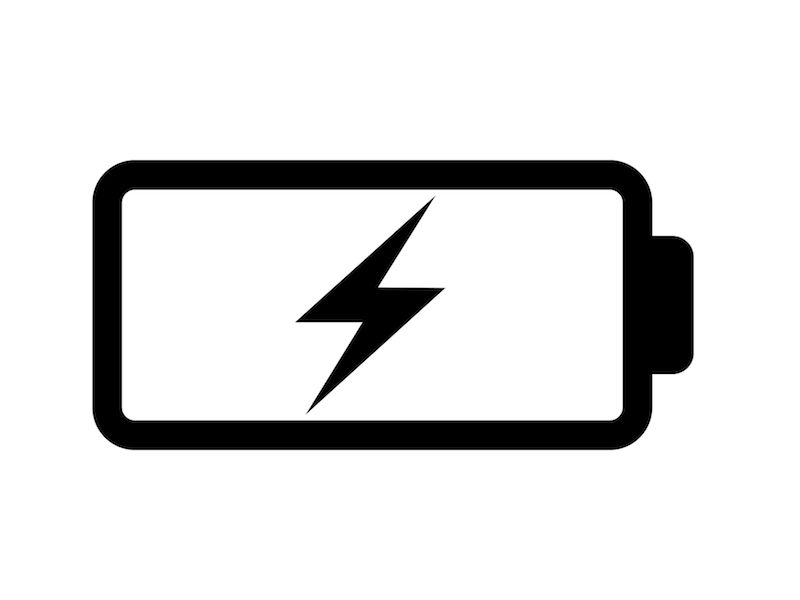
Stressing about losing battery power is something you shouldn’t have to do with rechargeable hearing aids, but when you rely on this technology, it may make you a little nervous. Do rechargeable hearing aids work as well as marketed or do they even work at all?
The stress is understandable and so are the question you might have. A hearing aid can be a vital element of one’s everyday life, as necessary for a quick trip to the grocery store as they are for the enjoyment of a movie or television show. It’s essential that a piece of technology works properly and dependably, especially when it affects so many facets of life.
What Kind of Battery do I Have?
Most modern-day hearing aids are equipped with rechargeable batteries by default, so it’s likely if you bought your hearing aids recently, it has one of two kinds of batteries. Silver-zinc batteries, which have a battery door on the back of the device, are rechargeable, but every so often they need to be replaced. A Lithium-ion battery, however, will last throughout the life-cycle of the hearing device and, due to this, those devices will not have that distinguishing battery door.
Rechargeable Hearing Aids Need Special Care
For the most part, rechargeable hearing aids do work, and they work well. The dependability of these devices has increased significantly in the last several years, as battery technologies have advanced. And, like any other electronic device, however, there are various easy maintenance procedures that users can take to increase the reliability of their rechargeable hearing aids.
- Be Mindful of Wires: Either the charging station or the hearing aid itself will contain some kind of wire element on most hearing aids. Being mindful of these wires is essential for hearing aid users; the connection that enables the device to charge can be broken if you pull on or hold it by the wires.
- Put Your Hearing Aids on The Charging Station: If you consistently store your rechargeable hearing aids on their recharging station you can increase the life of your battery. The long term battery life is not shortened by charging a battery that is not fully drained.As a matter of fact, you can actually improve the life of the battery by making certain your hearing aids are charging when not in use. A convenient reminder, for most people, to charge their device when it’s not in use, is to set the charging station on a table next to their bed.
- Keep Your Hearing Aids Dry and Clean: No matter how often you use or do not use your hearing aids, they have plenty of occasion to gather dust, debris, and moisture. Your hearing aid may not completely charge if it is subjected to any of these three elements. That’s why it’s important to keep your hearing aids clean and dry especially when connecting your hearing aid to its charging station.
How to Change a Rechargeable Battery
If you have lithium-ion batteries, they will probably last as long as your device does. So changing those batteries won’t be something you ever have to worry about. Your hearing aids can then be simply charged as long as needed.
Hearing aids that depend on silver-zinc batteries, however, might require new batteries now and then. Replacing batteries in the correct way can help increase the lifespan of your hearing aids. Because of this, hearing professionals suggest the following:
- Five minutes before removing any tabs that may be attached let the batteries sit at room temperature.
- Make sure you have a dry, room temperature place to store your batteries.
- Don’t eliminate any packaging or plastic tabs until you’re ready to use batteries.
- Before replacing batteries, make sure you wash your hands.
- Ensure that your battery compartment is free of moisture and clean.
Long Periods of Non-Use
Keeping your hearing aids on the charger for long periods of time is no longer the best way to store your hearing aids. Simply unplug your hearing aid and put it in a dry cool place if, for example, you know you won’t be wearing them for several weeks or a month.
If your hearing aids utilize silver-zinc batteries, you might also think about leaving the battery door open so that you can stop moisture from corroding your batteries.
Rechargeable for Everyday Use
All your general needs should be satisfied if you charge your hearing aids once a day. A lithium-ion battery, for example, will normally require just 3-4 hours to charge adequate battery power for a 24 hour period.
Do rechargeable hearing aids work? Not only do they work, but rechargeable hearing aids will most likely become more and more common and reliable as the technology continues to improve. Contact your local hearing aid retailer to see all the different models
